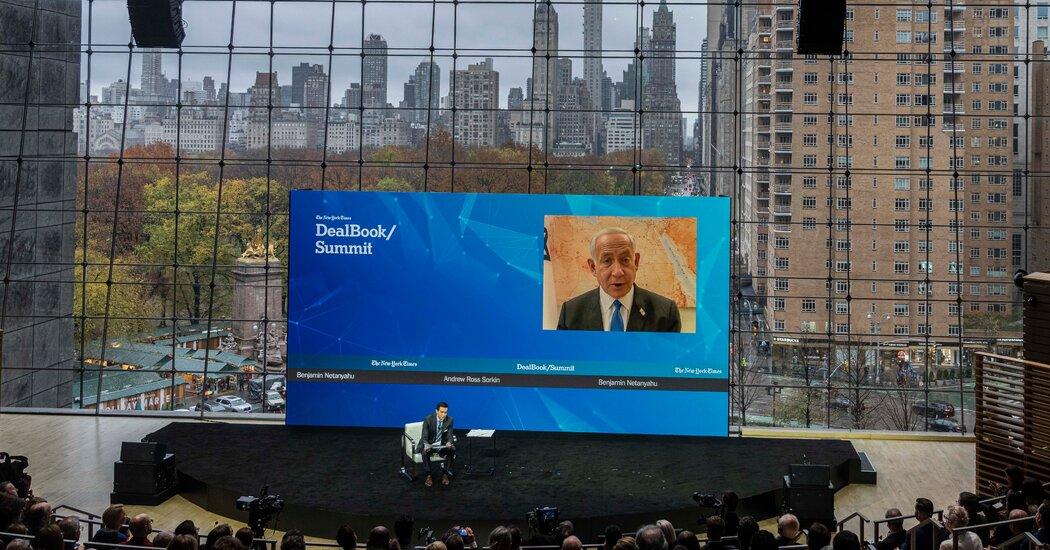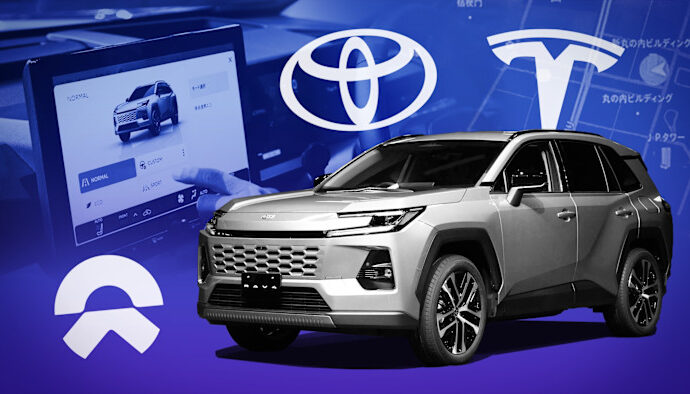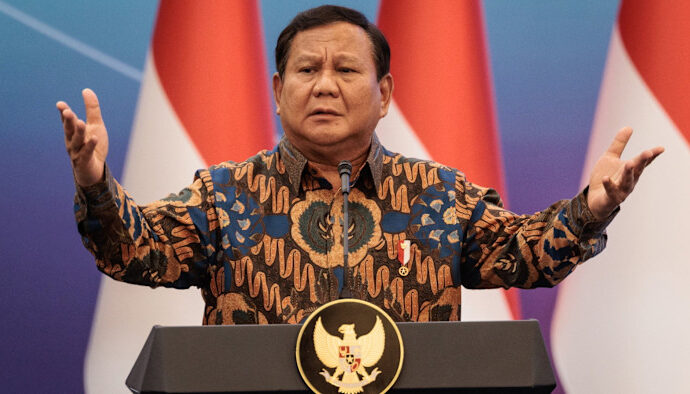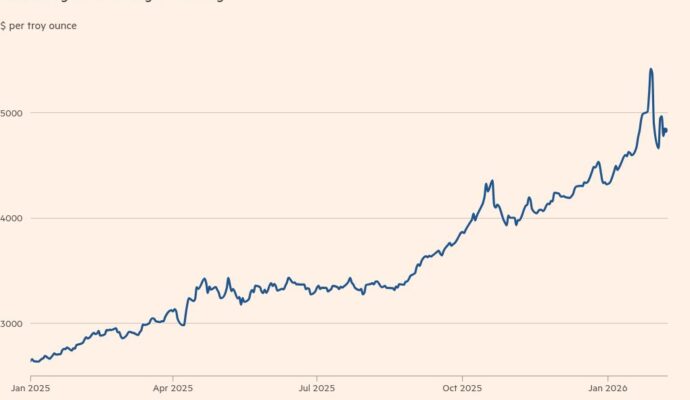
This article is part of our special section on the DealBook Summit that included business and policy leaders from around the world.
Last week at the DealBook Summit, I interviewed some of the world’s most influential leaders, among them Janet Yellen, the Treasury secretary of the United States; President Volodymyr Zelensky of Ukraine; Mark Zuckerberg, chief executive of Meta; and Andy Jassy, the chief executive of Amazon.
One common theme came up in just about every conversation.
It was that every decision — big and small — is ultimately a trade-off: Sometimes it is a moral trade-off, sometimes it is an economic trade-off. Sometimes it is an economic trade-off versus a moral trade-off.
In every case a leader has to rationalize the trade-off. Sometimes that can win the leader popularity points and sometimes it is the opposite. And sometimes the decision itself proves in time to simply be wrong.
When times are less flush — like right about now — the trade-offs become harder and more complicated to make.
The public doesn’t always see the trade-off — or like the trade-off or appreciate the practical reality of the trade-off. But when you’re sitting in the seat of the decision maker, the trade-off is real.
Benjamin Netanyahu, the recently re-elected Israeli prime minister, has been reluctant to provide air defense missile systems to Ukraine. Why?
On the face of it, you would think he would want to support Ukraine. Yet he told me that his relationship with President Vladimir Putin of Russia is important because it helps preserve Israel’s access to Syrian airspace, which he considers existentially important to his people.
“There’s always a balance,” he said. “Leaders do this every day. In general, foreign policy and democracy is a combination of moral principles and expediency. What assumes primacy? Interests or values? The answer is neither. You balance the two.”
Is it moral to support Mr. Putin’s war against Ukraine? Of course not.
But Mr. Netanyahu had a different explanation: “I’ll tell you where you draw the line,” he said. “When things relate to your very existence, that comes first.”
A trade-off framework seems to undergird the relationship between the United States and China. The Biden administration is clearly worried about the impact of China’s “zero-Covid” policy on supply chains, its stance toward Taiwan and its abuses of human rights. And yet Ms. Yellen told me that while she is worried about overdependence on China for critical supplies, “I expect and hope that there will be strong ties between China and the United States when it comes to mutually beneficial trade and investment.”
Does such a stance make the United States hypocritical? Maybe. But what’s the other side of the equation if the relationship were to splinter completely? Massive economic pain for Americans that typically manifests itself in ways that affect people’s genuine health.
During boom times, businesses can afford to pursue projects or invest for moral reasons in ways that may not seem economically viable. But then the second the economy becomes more challenging, which is where we are now, the trade-offs develop higher stakes.
While E.S.G. (socially responsible investing) has been generally popular for years, the tone of the conversation changed as companies tightened their budgets and the war with Russia sent the price of energy soaring. Now, the promise and pledges around moving to net-zero carbon emissions are being rolled back as investing in fossil fuels has become connected to national security.
Larry Fink, the BlackRock chief executive, has long talked about climate change being the biggest existential crisis and has probably pushed more of corporate America to move aggressively to curb emissions. Yet he acknowledged to me: “I actually believe we’re going to need hydrocarbons for 70 years,” when asked about Republican opposition to E.S.G. and to him, personally.
The list of trade-offs goes on: Mr. Jassy, the Amazon chief executive, spoke about the trade-offs of pulling objectionable content sold on the website, including the antisemitic film shared by Kyrie Irving. Reed Hastings, the co-chief executive of Netflix, discussed how he had come to see serving ads as a worthwhile trade-off for achieving the company’s lower-priced subscription tier. TikTok’s chief executive, Shou Chew, said he ws in the process of moving data about U.S. servers to cloud infrastructure owned by Oracle — a trade-off he is making to appease U.S. authorities’ national security concerns.
Oftentimes, when leaders take a stance or executives make a business decision, there’s not a lot of voice given to the other side of the trade-off. We assess decisions as though they’re made in a vacuum, while the process for leaders looks much more like shifting the pieces of a puzzle.
As the leaders at the DealBook Summit noted time and again, there isn’t infinite flexibility.


